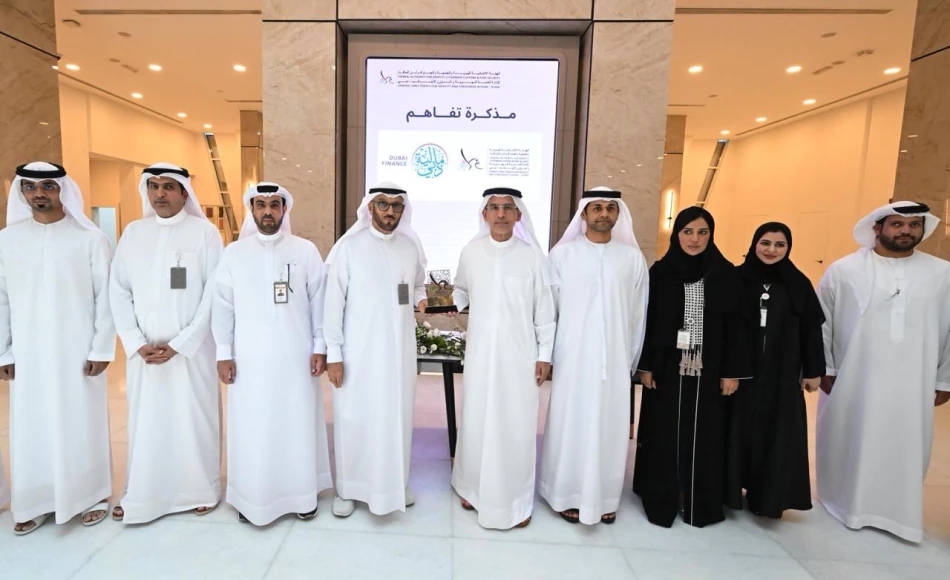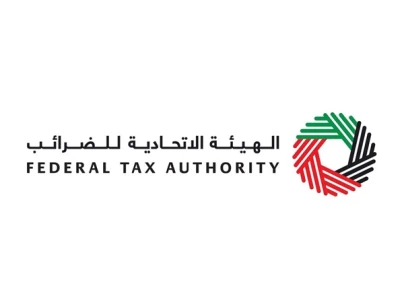
Dubai Entities Sign MoU to Boost Cashless Dubai and Its Accelerators
Dubai Accelerates Digital Payment Push with Bold 90% Cashless Target by 2026
Dubai's government agencies have signed a strategic partnership to dramatically reshape the emirate's financial landscape, targeting 90% of all transactions to be digital by 2026. The memorandum between Dubai's General Directorate of Residency and Foreigners Affairs and Dubai Finance represents a calculated bet that cashless payments will add at least 8 billion dirhams annually to the local economy while positioning Dubai among the world's top five cities for digital payment adoption.
Ambitious Timeline Reflects Regional Digital Race
The partnership builds on Dubai's "Cashless Dubai" strategy launched by Crown Prince Sheikh Hamdan bin Mohammed in October 2024. The 90% digital transaction target by 2026 is aggressive compared to global benchmarks—Sweden, often cited as the world's most cashless society, processes roughly 80% of transactions digitally. This timeline suggests Dubai is betting heavily on rapid adoption across both government and private sectors.
The strategy also aims for 100% digital enablement across the emirate by 2026, indicating a comprehensive infrastructure overhaul that goes beyond simple payment processing to encompass full digital integration of financial services.
Economic Impact: 8 Billion Dirham Annual Boost
According to Amna Mohammed Lootah, Director of Digital Payment Systems Regulation, the collaboration could inject at least 8 billion dirhams annually into Dubai's economy through expanded fintech services and accelerated sector growth. This figure represents approximately 1.5% of Dubai's GDP, highlighting the substantial economic multiplier effect expected from digital payment adoption.
The economic benefits stem from reduced transaction costs, improved business efficiency, enhanced data analytics capabilities, and the development of new financial technology services that can be exported regionally.
Strategic Positioning Against Global Competition
Dubai's aggressive digital payment push comes as regional competitors like Saudi Arabia and global financial hubs like Singapore advance their own cashless initiatives. Saudi Arabia's Vision 2030 includes similar digital transformation goals, while Singapore has achieved over 60% digital payment adoption through its national QR code system.
The partnership between residency affairs and finance departments is particularly strategic, as it directly targets Dubai's large expatriate population—approximately 85% of residents—who often face friction in traditional banking services. Streamlined digital payments could significantly enhance Dubai's appeal as a business and residential destination.
Infrastructure and Innovation Focus
The memorandum emphasizes developing digital infrastructure, adopting cutting-edge financial technologies, and knowledge sharing between agencies. This technical foundation is crucial for handling the transaction volume increases expected from the 90% target.
The partnership also includes public awareness campaigns to build trust in digital solutions—a critical factor given that cash preference often stems from security concerns rather than technological limitations.
Market Implications for Fintech and Banking
For investors and financial institutions, Dubai's commitment creates a substantial market opportunity. The emirate's position as a regional financial hub means successful digital payment models developed there could be replicated across the Middle East and North Africa region.
Traditional banks will need to accelerate their digital transformation efforts, while fintech companies may find Dubai an increasingly attractive testing ground for innovative payment solutions. The government's direct involvement also suggests regulatory support for new financial technologies, potentially reducing compliance barriers for market entrants.
The 2026 timeline creates urgency for financial services providers to establish market position before the digital payment ecosystem fully matures, making the next 18 months critical for strategic positioning in Dubai's evolving financial landscape.
Most Viewed News

 Sara Khaled
Sara Khaled






